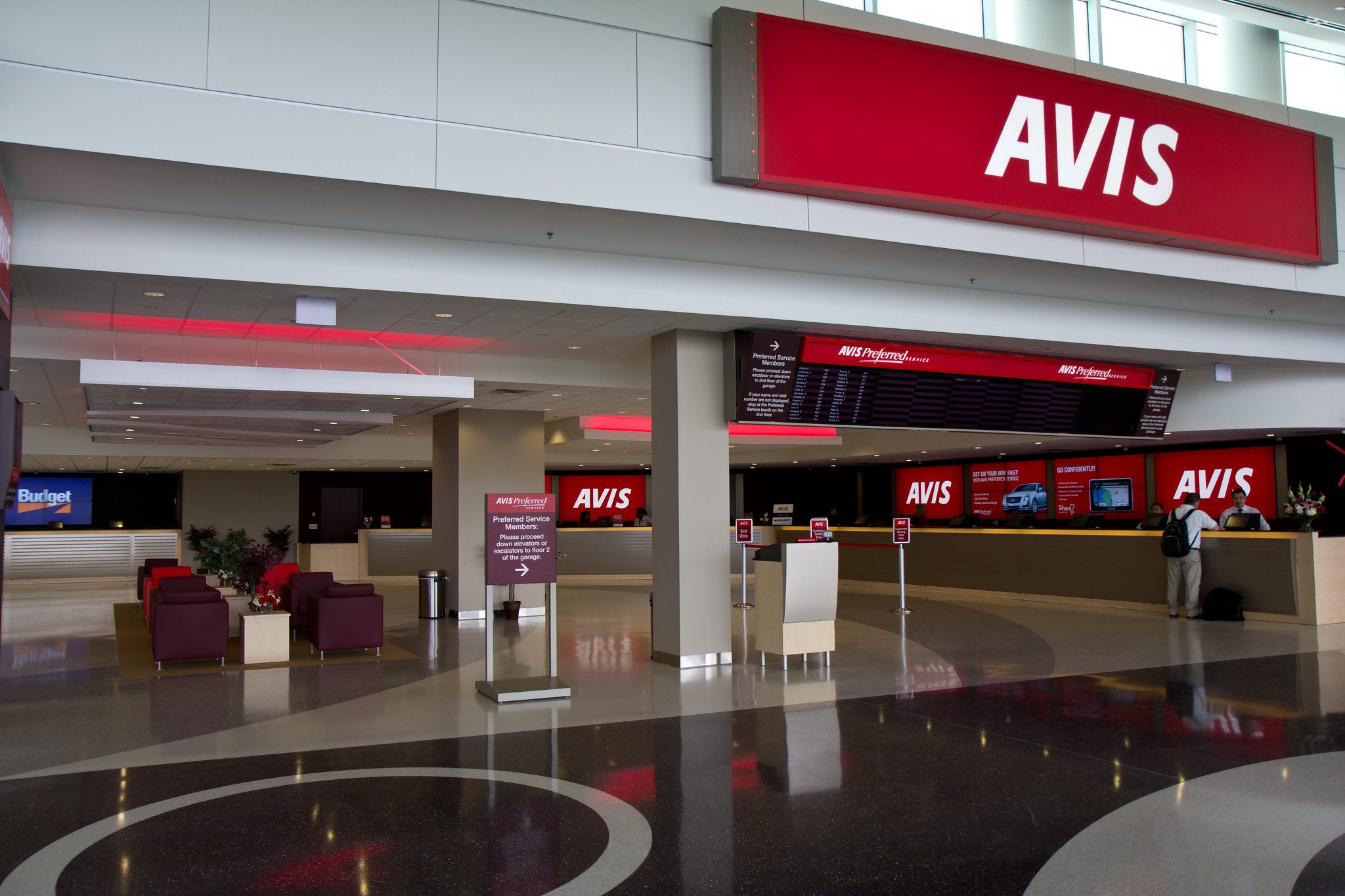Skift Take
With international travel still mostly off-limits, recovery will depend on how successfully these brands can shift towards off-airport rentals and compete with ridehailing firms like Uber and Lyft.
The reversal in the slow air traffic recovery is proving bad news for struggling car rental giants Hertz and Avis Budget Group, which are now looking to slash overheads by a combined $5 billion this year to withstand the pandemic.
With airlines reporting dire second-quarter results — in United’s case its most difficult in nearly 100 years — lucrative airport rentals are taking a hit.
On August 10, Hertz reported airport car rentals declined 82 percent in the second quarter, which saw it post an overall loss of $847 million, despite revenues of $832 million.
Meanwhile, rival Avis Budget Group has seen sales skewed towards off-airport locations, its CEO and president Joseph Ferraro said during the company’s second-quarter earnings call at the end of July.
Hertz is focusing on reorganizing its working terms with labor, and has cancelled new-fleet orders and cut non-essential spending and capital expenses. It’s also consolidated off-airport rental locations for efficiency.
This resulted in it lowering operating costs by 47 percent year-over-year in the second quarter, and overall it expects to generate $2.5 billion in annualized savings.
Join Us For Our Skift Global Forum Online Conference September 21-23
“In the second quarter, like so many companies whose revenues have sharply declined due to the pandemic’s significant impact on global travel, we had to make difficult but necessary decisions to strengthen and position the company for growth for many years to come,” said Paul Stone, president and CEO of Hertz Global.
These losses follow Hertz’s Chapter 11 bankruptcy filing on May 22, with the company reorganization also including its Dollar, Thrifty, Firefly, Hertz Car Sales, and Donlen subsidiaries. According to reports, it entered bankruptcy with $19 billion in debt.
“The toughest decisions have been those that impact the livelihood of our dedicated workforce and our voluntarily reorganizing under Chapter 11 in North America. We are moving through our reorganization process and remain focused on emerging an even stronger global rental car leader better positioned to serve our customers around the world,” Stone added.
Hertz’a global revenue declined 67 percent for the months of April, May and June. Its liquidity at the end of the second quarter was $1.4 billion.
Avis’ Off-Airport Stability
On July 28, Avis reported a similar story, with liquidity of $1.5 billion at the end of the second quarter. Losses for the three months totaled $481 million, with revenues down 67 percent compared to the same quarter in 2019.
“Our local market business continues to provide stability, driven by off-airport operations, light commercial vehicles, ride-hail, package delivery and Zipcar,” said Ferraro.
However, the company has also renewed its focus on taking costs out of the business, and is also targeting $2.5 billion in savings on an annualized basis. That figure is a significant increase on the $400 million target initially announced in late March. In its second quarter, it removed $1 billion of costs, cancelling 185,000 incoming vehicle orders and disposing of 100,000 vehicles.
Like Hertz, it has reduced the size of its workforce with separation packages and furloughing, to 60 percent of its pre-pandemic headcount. Other measures included reduced compensation for senior leadership and a hiring freeze.
There’s also the question of how best to compete with ride-hailing firms that are now aggressively expanding to cater to grounded corporate travelers.
“I think the question is going to be what do travel policies look like coming out of this?” said John North, chief financial officer at Avis Budget Group, at the earnings call. “Is there an opportunity for us to pick up some share going forward if corporate travelers are moving around, are they more likely to rent a car than take a flight? Are they more likely to rent a car when they get somewhere versus hopping in a ride-hail vehicle? … those are things we’ve certainly thought about.”
Avis reported its cash burn was $580 million for the second quarter, “due to continued vigilance around expense control and stronger than anticipated vehicle fleet disposals”.
The continued downturn is taking its toll on the ground transportation sector, with black car service GroundLink the latest casualty. It will cease operations at the end of the month. “It is with great regret that I must inform you that due to the catastrophic effects Covid-19 has had on the global economy and the travel industry, particularly, GroundLink is ceasing operations effective on Aug 31,” it said in an email to customers today (Aug. 11), adding corporate accounts can be transferred to Dav El Boston Coach.
The question now for Hertz and Avis is how much deeper do the cuts need to go if the pandemic continues to prevent their customers from flying.
Register Now For Skift Global Forum, Happening Online September 21-23
The Daily Newsletter
Our daily coverage of the global travel industry. Written by editors and analysts from across Skift’s brands.
Have a confidential tip for Skift? Get in touch
Tags: avis, coronavirus, dollar thrifty, ground transportation, hertz
Photo credit: An Avis branch at SeaTac Rental Car Facility, Washington. Atomic Taco / Flickr
